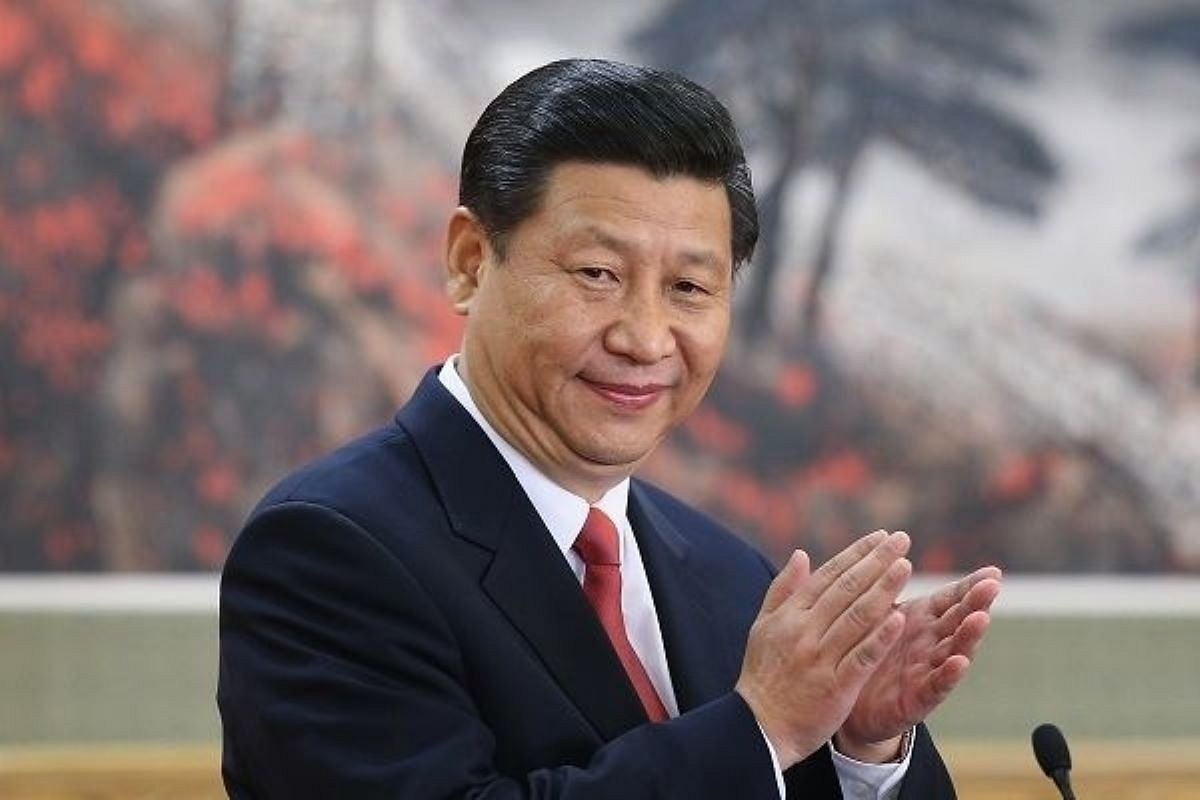World
Xi Forces Reforms For More Oversight Over China's Tech and Finance Sectors
- This move aims to centralize and unify the leadership of senior party members. The commission will comprise 205 members of the party's Central Committee.

President of China, Xi Jinping.
China's President Xi Jinping is consolidating political oversight by creating new Communist party commissions that will supervise government ministries and regulators under China's cabinet, according to state media.
The new Central Commission for science and technology will oversee the restructured Ministry of science and technology to strengthen the party's leadership on scientific and technological reform.
Its purpose is to coordinate the integration of civil-military technological development.
China's "military-civil fusion" policy requires private sector developed technologies to be shared with the military, leading to tension with the US.
Xi, serving his third consecutive five-year term as China's President, holds more power as the Communist party and military chief rather than as Head of State.
Xi, the most powerful Chinese leader since Mao, has reduced the government's role to execution, according to analysts. The party has always been dominant over state organs.
Chinese state news agency Xinhua said that the organisation of the party and state has not fully adjusted to the demands of building a modern socialist country and advancing the rejuvenation of China.
Beijing's financial regulator and science and technology ministry underwent reform this month, however, analysts suggest that the creation of new party commissions on Thursday (16 March) was a crucial development.
The formation of new party bodies involves a "Central Commission for Finance" that will replace an existing government regulatory committee, becoming the top planning and coordination body for the financial sector in the party's Central Committee.
This move aims to centralize and unify the leadership of senior party members. The commission will comprise 205 members of the party's Central Committee.
The party will increase its direct oversight over Hong Kong by revamping an existing office that will report directly to the party leadership instead of the cabinet.
After 2019's anti-government protests in Hong Kong, Beijing increased its supervision of the city's affairs. In 2020, China introduced a national security law to curb dissent and arrested opposition pro-democracy politicians.
According to Lau Siu-kai, an adviser to Beijing, the recent reshuffle would strengthen the party leadership's authority during Xi’s third term. Moreover, the establishment of a new office governing Hong Kong aligns with Beijing's push for allowing only “patriots” into the public office after the 2019 protests.
China's state media did not reveal the identities of senior party cadres to lead the recently announced commissions. Li Qiang was confirmed as the premier and head of the State Council by the parliament, who is Xi's second-in-command.
Support Swarajya's 50 Ground Reports Project & Sponsor A Story
Every general election Swarajya does a 50 ground reports project.
Aimed only at serious readers and those who appreciate the nuances of political undercurrents, the project provides a sense of India's electoral landscape. As you know, these reports are produced after considerable investment of travel, time and effort on the ground.
This time too we've kicked off the project in style and have covered over 30 constituencies already. If you're someone who appreciates such work and have enjoyed our coverage please consider sponsoring a ground report for just Rs 2999 to Rs 19,999 - it goes a long way in helping us produce more quality reportage.
You can also back this project by becoming a subscriber for as little as Rs 999 - so do click on this links and choose a plan that suits you and back us.
Click below to contribute.
Latest